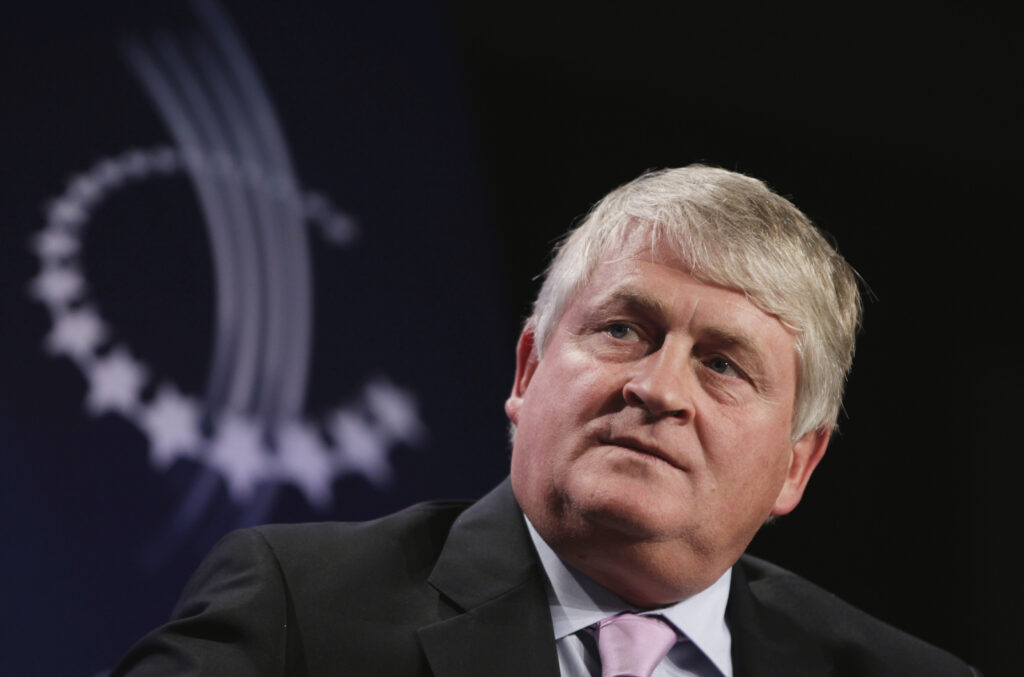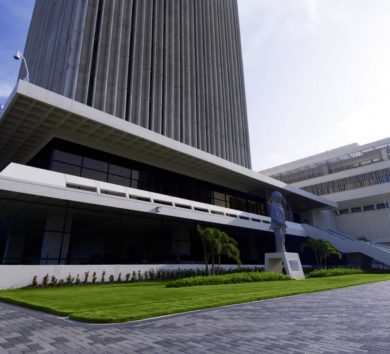

With two significant developments in the past several days, the call for reparations for the crime of transatlantic trafficking of enslaved Africans and chattel slavery is finally “at a tipping point”, according to The Repair Campaign.
Speaking at an event for foreign correspondents on Tuesday (April 23), Portuguese President Marcelo Rebelo de Sousa, acknowledged that Portugal was responsible for crimes committed during transatlantic slavery and the colonial era and that there was a need “to see how we can repair this”.
President de Sousa argued that Portugal “takes full responsibility” for the wrongs of the past and that those crimes, including colonial massacres, had costs.
“We have to pay the costs,” he said. “Are there actions that were not punished and those responsible were not arrested? Are there goods that were looted and not returned? Let’s see how we can repair this.” Portugal trafficked nearly six million Africans, more than any European nation during the age of imperialist colonisation.
Meanwhile, the imminent return to Jamaica by the University of Glasgow of a 170-year-old Giant Galliwasp specimen believed to have been collected in the 1850s is the first repatriation of natural history back to the Caribbean.

This opens up an important conversation about other Caribbean artefacts being held abroad that need to be repatriated.
Commenting on these developments, Denis O’Brien, founder of The Repair Campaign, a social movement for reparatory justice in the Caribbean, said; “We are at a tipping point in the fight for reparatory justice”.

“This is the first time that the UK has agreed to repatriate a natural history specimen to the Caribbean (something the CARICOM Ten Point Plan for Reparatory Justice has been asking for since it was launched a decade ago) and the first time that a European power has unequivocally stated that the crime of the transatlantic trafficking of enslaved Africans had a ‘cost’ that has to be repaid. As real examples of affirmative action, these developments are hugely significant. The incredible advocacy efforts of so many are bearing fruit. Collectively, we must keep the pressure on. The door is finally ajar, now we need to power through it.”
In March, The Repair Campaign launched a petition calling for reparations.







Comments